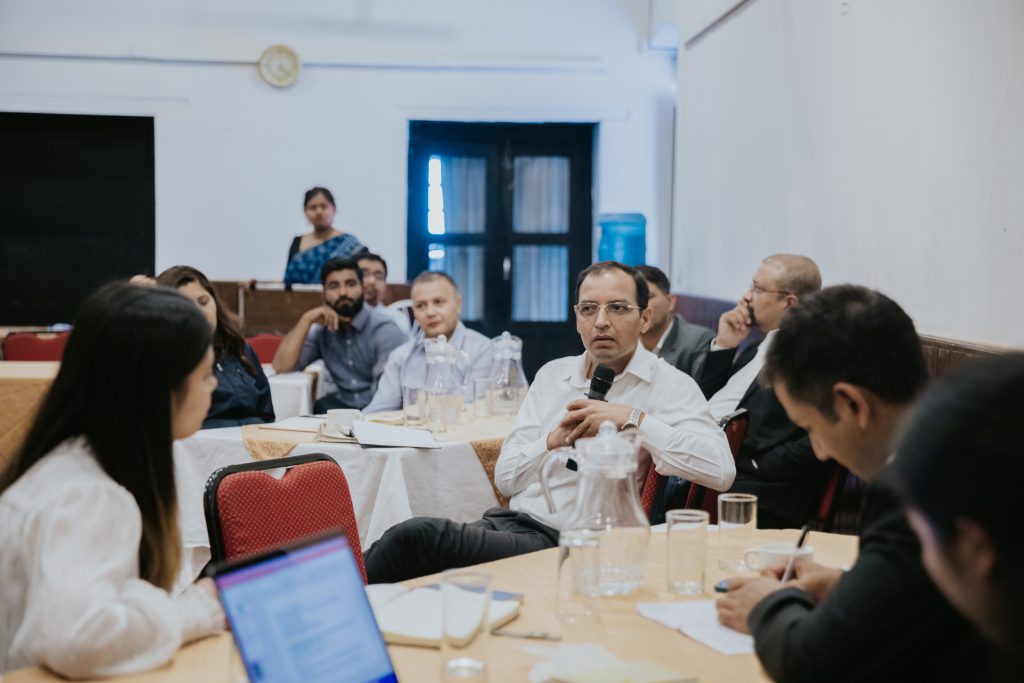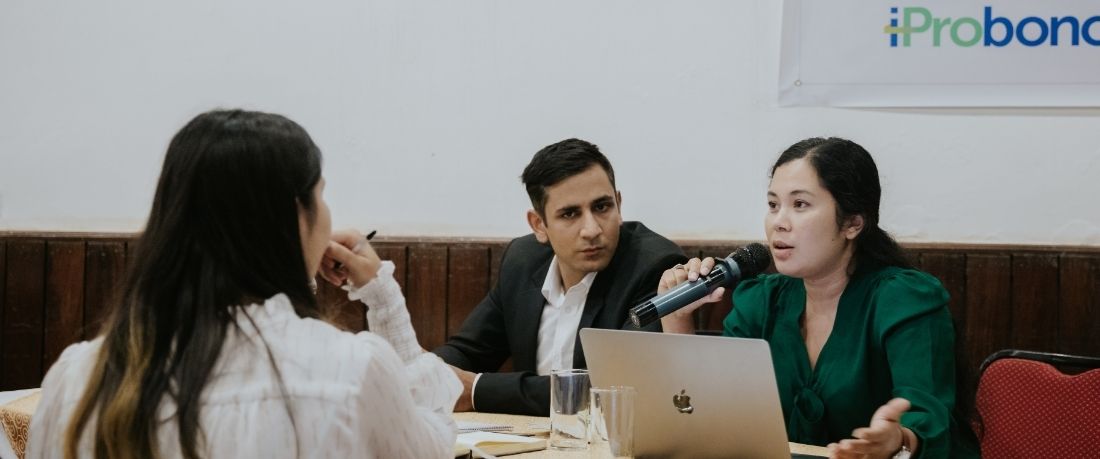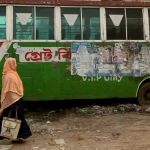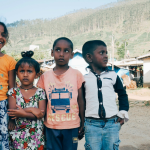What’s the story behind iProbono’s ESCR Fellowship?
We began this fellowship in 2018 in collaboration with our partners, the Law and Policy Forum for Social Justice (LAPSOJ), in Nepal. We felt a need to make efforts towards ensuring the implementation of the Economic, Social and Cultural (ESC) rights enshrined in Nepal’s 2015 constitution. “While the constitution made these rights justiciable, in the following years, there was very little change in ground reality. iProbono established the ESCR Fellowship with our local partner organisation, LAPSOJ, in order to fill these gaps and ensure the rights guaranteed by Nepal’s Constitution,” explains Mariam Faruqi, CEO, iProbono.
We decided to identify areas where technical legal support was required to ensure that ESC rights cases are litigated in the courts with consistency. This included issues like access to affordable, quality health services, food insecurity, and lack of work opportunities. Economic instability arising from natural calamities, the pandemic, and political instability due to changes in leadership are also areas of concern that impact the effective implementation of ESC rights.
What do the fellows do during the course of the fellowship?
During the duration of the program, we bring together early and mid-career lawyers to conduct strategic litigation and advocacy. They engage in capacity building and legal research on various ESC rights, such as consumer protection, safe motherhood, and housing rights. They also undertake legislative reviews to expand legal knowledge and resources on ESC rights in Nepal. Throughout the program, iProbono’s team offers their expertise. We also invite local and international experts to support the fellows through workshops and consultative events.

“The team of young and energetic lawyers is really impressive. They are doing their best to make a change through employing different techniques. I am very confident that their activism will result in tangible changes in the implementation of ESCR in Nepal”, says Raju Prasad Chapagai, a regional ESC rights expert and lawyer based in Nepal, who is an advisor to the fellowship.
So far, the fellowship has resulted in the filing of three important public interest litigations (PIL) before the Supreme Court of Nepal. These include a right-to-education writ petition to address the digital divide across social classes during the COVID-19 pandemic. The petition was filed by Alok Pokhrel, a fellow from the 2018 batch. It called on the government of Nepal to make the infrastructure and technology needed to conduct online classes available to schools and to carry out capacity-building initiatives for teachers.
Another petition that emerged from the fellowship seeks to fully decriminalise abortion in Nepal. This was filed by our Program Officer, Bandana Upreti. A favourable judgement in this case will positively impact approximately 80 lakh persons with reproductive capacity.
Similarly, Ritesh Poudyal’s petition draws attention to the needs of a vulnerable community in Nepal. Ritesh was a fellow in our 2022 batch, and his PIL addresses the rights of persons with disabilities. It seeks to make public transportation and infrastructure accessible and is set to be heard in court in April 2024. By highlighting the rights and needs of nearly 30 lakh individuals with disabilities in Nepal, the petition is an important legal intervention towards the implementation of ESC rights.
Over its life of five years, our ESCR Fellowship has built the capacity of young lawyers in Nepal, and provided a space for proactive pro bono work. In our upcoming cycle in 2024, we look forward to building on this momentum to make ESC rights available to all in Nepal.
For more information about the fellowship and to listen to the experiences of our young lawyers and their mentor, watch our short film available on our YouTube channel.







